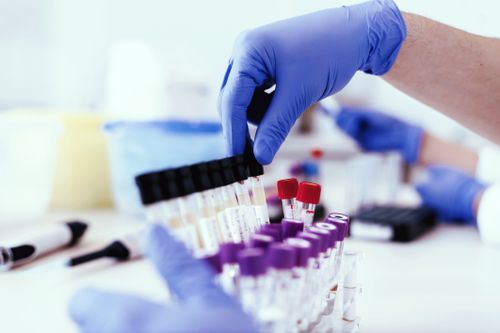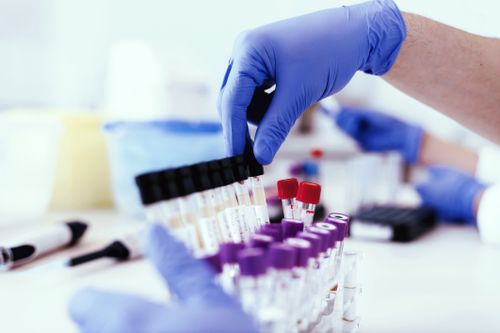Share this @internewscast.com
MS impacts more than 33,000 people in Australia however the exact cause of the disease remains unclear.
While it is believed DNA, environmental factors and a common virus known as Epstein-Barr could trigger MS, scientists at University of South Australia are investigating the “biology” behind a person’s risk of developing it.

MS is a central nervous system autoimmune condiiton which impacts muscles and can result in fatigue, difficulty walking, loss of balance and pain.
According to MS Australia, symptoms can be “varied and unpredictable”.
The university will conduct an Australian-first study using a method known as “recall by genotype” to explore the genetic causes of MS.
The research could uncover how the Epstein-Barr virus leads to MS in some people but not in others.
“For many years we’ve known that the Epstein-Barr virus is a likely precursor for MS,” said lead researcher Dr David Stacey said.
“But because the virus affects up to 90% of the population, it’s difficult to pin down why some people go on to develop MS while others don’t.
“We believe the way a person’s immune system responds to the Epstein-Barr virus may be a key factor, and genetics can help us uncover that.”
The study will involve over calculating the genetic risk scores for over 1000 participants from South Australia who have not been diagnosed with MS.
It will then compare traits against those with a high or low risk.
”By grouping people based on their genetic profile, we expect to find those with a high genetic risk for MS will also show biological differences â even if they don’t have the disease,” Dr Stacey added.
“That could reveal how the Epstein-Barr virus and MS are connected and identify early warning signs or biomarkers for MS.”

The ‘recall by genotype’ method used in this study will guide other researchers to establish standards operating procedures in similar genetic studies.
Dr Stacey said it will help tackle ethical questions regarding sharing genetic risk information with patients.
“If we identify people who are at risk of developing MS, we need to consider how â and whether â to share that information, particularly as this information may not yet be clinically actionable,” Dr Stacey said.
“This study will explore those ethical, legal and social questions to guide how future studies approach personal genetic risk.”
It’s hoped the study will help support early diagnostic tools and preventative strategies for MS.













